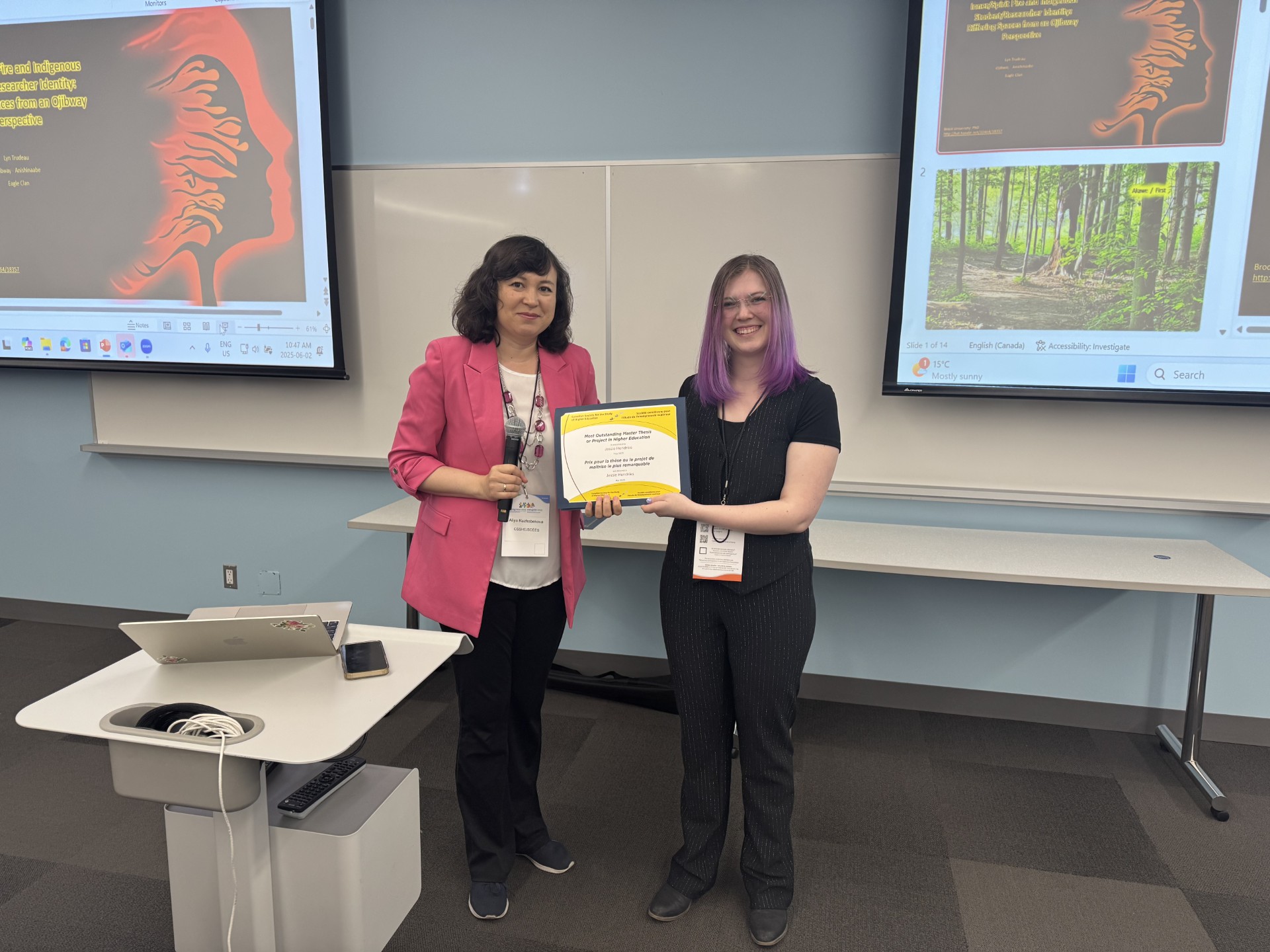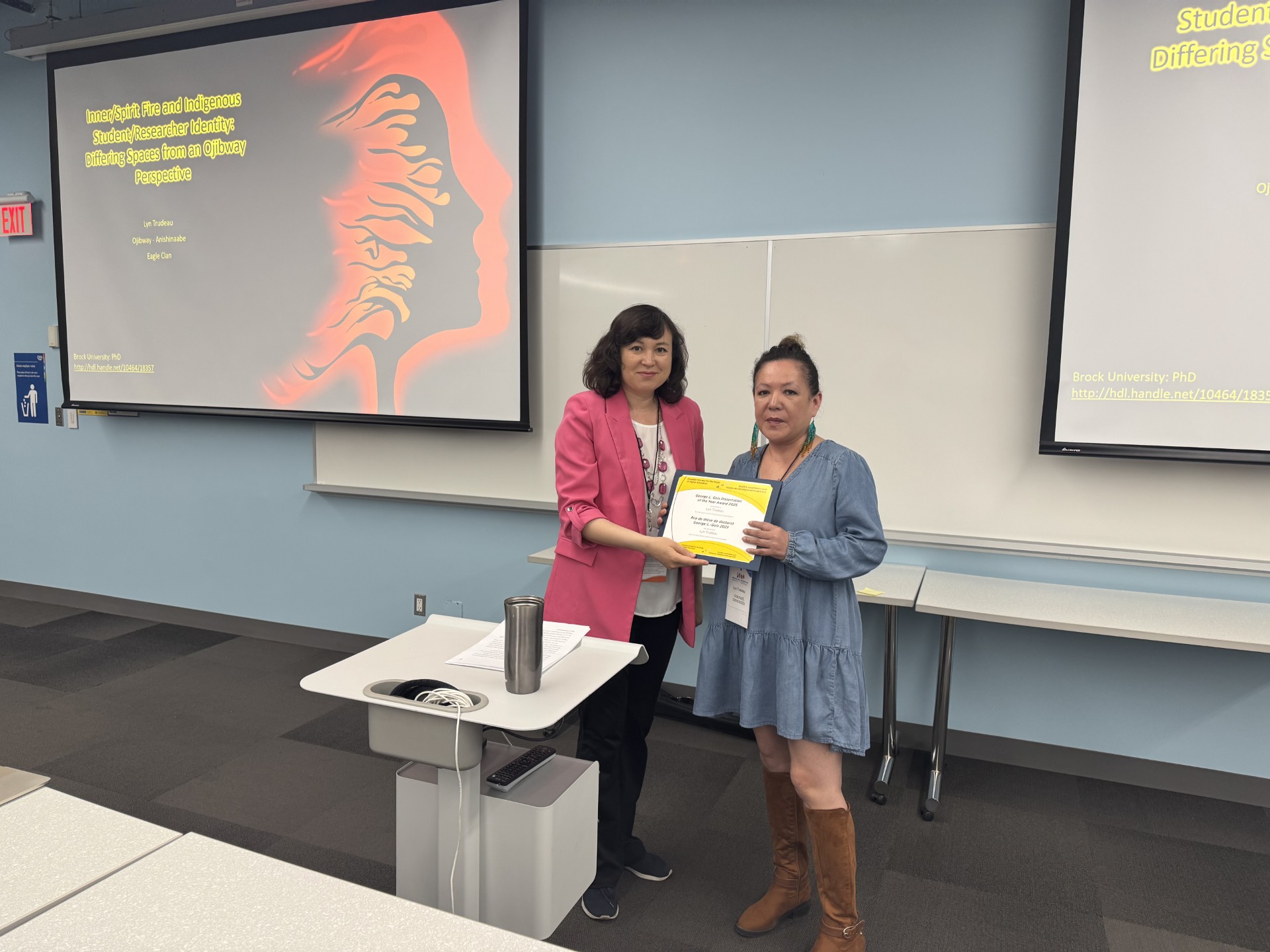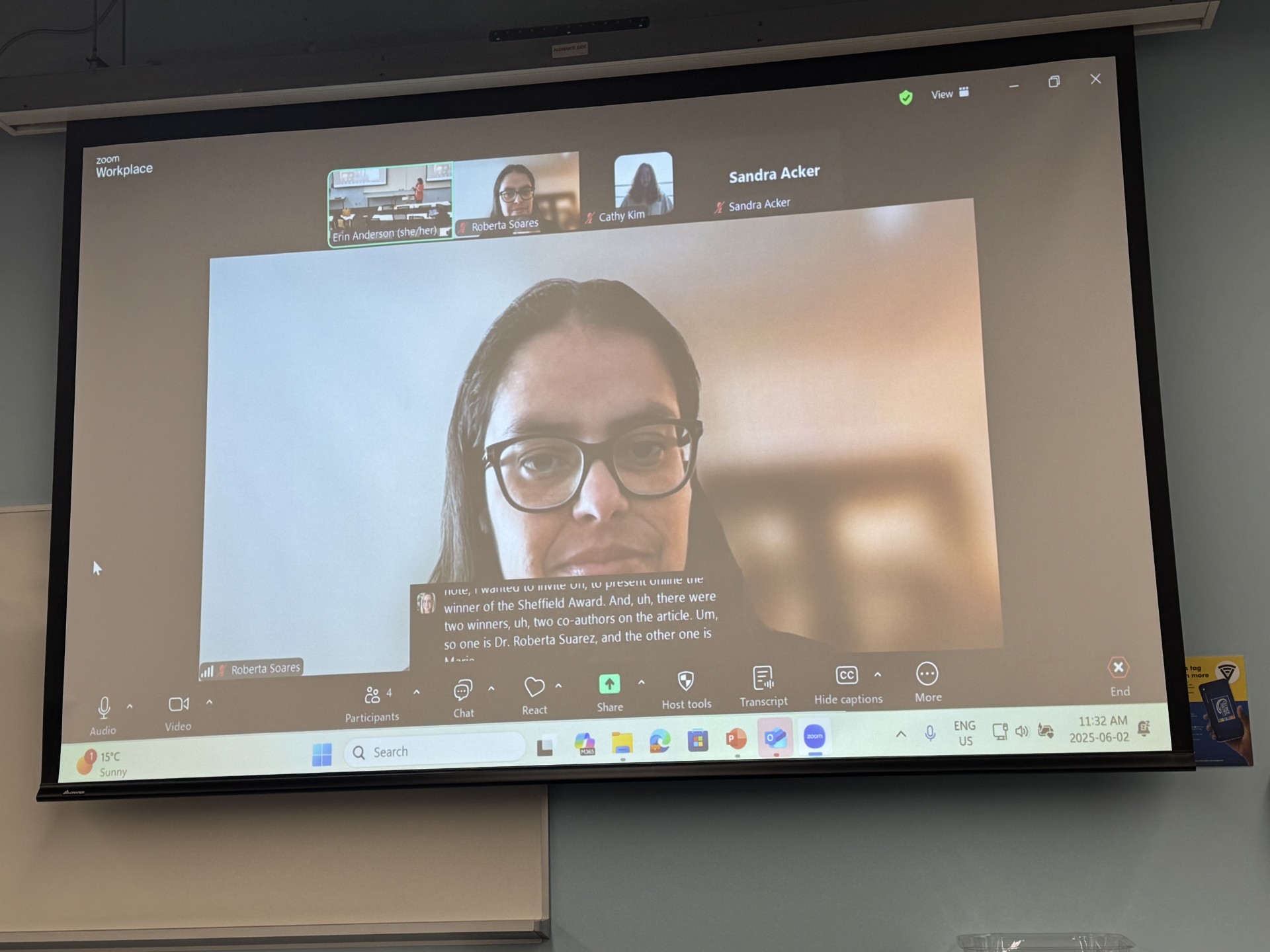The Canadian Carnegie Classification for Community Engagement (C4E) is a pan-Canadian adaptation of the
U.S.-based Carnegie Elective Classification for Community Engagement, with an aim to establish a recurring, evidence-based classification process to recognize meaningful and reciprocal community engagement across post-secondary institutions in Canada.
Launched in March 2024 as a joint venture between McMaster University, the Saskatchewan Indian Institute of Technologies (SIIT), Simon Fraser University (SFU), and Université de Montréal, the initiative benefited from the early leadership of SIIT and SFU before their withdrawal in early 2025. Between 2024 and fall 2025, McMaster served as the administrative home. The C4E also received strategic guidance from the
American Council on Education, Carnegie Foundation for the Advancement of Teaching, and a 16-member Steering Committee representing Canadian post-secondary institutions (publicly funded universities, colleges, institutes, cégeps, and polytechnics from across the country, including linguistic profiles), national associations, community engagement organization, and international cohorts of the Carnegie Electives Classification for Community Engagement.
The C4E has achieved several significant milestones:
-
Establishing a 16-member Steering Committee to guide strategic direction;
-
Developing a bilingual application and guidebook tailored to the Canadian context, including commitments to the Truth and Reconciliation Commission’s Calls to Action, OCAP® principles, francophone considerations, and institutional diversity across the sector;
-
Completing branding that reflected both the relationship to the Carnegie Foundation and the distinctiveness of the Canadian adaptation;
-
Sharing progress through national conference presentations; and
-
Advancing outreach and relationship-building with Indigenous and francophone partners.
These accomplishments contributed to laying the foundation for a robust framework that would support institutions in documenting community-engaged teaching, learning, and research, and in reflecting on civic learning outcomes and supports for community-engaged scholarship.
Following a period of substantial progress and reflection, McMaster and Université de Montréal agreed in fall 2025 to step away as the Joint Venture hosts of the C4E while exploring options for a future host institution. With this decision, the C4E is no longer active.
McMaster and Université de Montréal remain grateful for the early leadership of SIIT and SFU and the ongoing contributions of the American Council on Education, the Carnegie Foundation, and the Steering Committee. Any future updates or new hosting arrangements, if pursued by others, will be shared by the relevant parties.
La Classification Carnegie canadienne pour l’engagement communautaire (C4E) était une adaptation pancanadienne de la Classification élective Carnegie pour l’engagement communautaire, basée aux États-Unis. L’objectif de cette initiative canadienne était d’établir un processus de classification récurrent et fondé sur des données probantes afin de reconnaître l’engagement communautaire significatif et réciproque dans les établissements d’enseignement postsecondaire au Canada.
Lancée en mars 2024 sous la forme d’une coentreprise entre l’Université McMaster, le Saskatchewan Indian Institute of Technologies (SIIT), l’Université Simon Fraser (SFU) et l’Université de Montréal, le consortium a bénéficié de l’expertise des équipes du SIIT et de SFU avant leur retrait au début de l’année 2025. Entre 2024 et l’automne 2025, l’Université McMaster a assuré la gestion administrative du projet. Le C4E a également pu compter sur les conseils stratégiques de l’American Council on Education, de la Carnegie Foundation for the Advancement of Teaching ainsi que sur un comité de pilotage composé de 16 membres représentant les établissements d’enseignement supérieur canadiens (universités, collèges, instituts, cégeps et écoles polytechniques publics de tout le pays, y compris les profils linguistiques), les associations nationales, les organisations d’engagement communautaire et les cohortes internationales de la Carnegie Electives Classification for Community Engagement.
Au cours de sa période d’activité, l’équipe responsable du déploiement de la C4E a franchi plusieurs étapes importantes :
-
Mise en place d’un comité de pilotage composé de 16 membres chargés de définir l’orientation stratégique ;
-
Élaboration d’un formulaire de candidature et d’un guide bilingue de mise en candidature adaptés au contexte canadien, incluant des engagements envers les appels à l’action de la Commission de vérité et réconciliation, les principes OCAP®, les considérations francophones et la diversité institutionnelle dans l’ensemble du secteur ;
-
La création d’une identité visuelle reflétant à la fois la relation avec la Fondation Carnegie et le caractère distinctif de la version canadienne de la classification ;
-
Le partage des avancées du projet lors de présentations à des conférences nationales ;
-
La sensibilisation à l’établissement de partenariats aux bénéfices mutuels avec les partenaires autochtones et francophones.
Ces réalisations ont contribué à jeter les bases d’un cadre solide qui aiderait les établissements à documenter l’enseignement, l’apprentissage et la recherche axés sur l’engagement communautaire, et à réfléchir à leurs retombées sur les communautés.
Après une période de progrès et de réflexions importantes, McMaster et l’Université de Montréal ont convenu à l’automne 2025 de suspendre leur implication sur le projet. À la suite de cette décision, la C4E n’est plus active à l’heure actuelle.
L’Université McMaster et l’Université de Montréal saluent la contribution exceptionnelle apportée par le Saskatchewan Indian Institute of Technologies et l’Université Simon Fraser dans le développement du projet, ainsi que l’implication indéfectible des équipes de l’American Council on Education, de la Carnegie Foundation ainsi que des membres du comité de pilotage. Toute communication relative à une éventuelle reprise de l’initiative de la C4E sera effectuée par les parties concernées.






